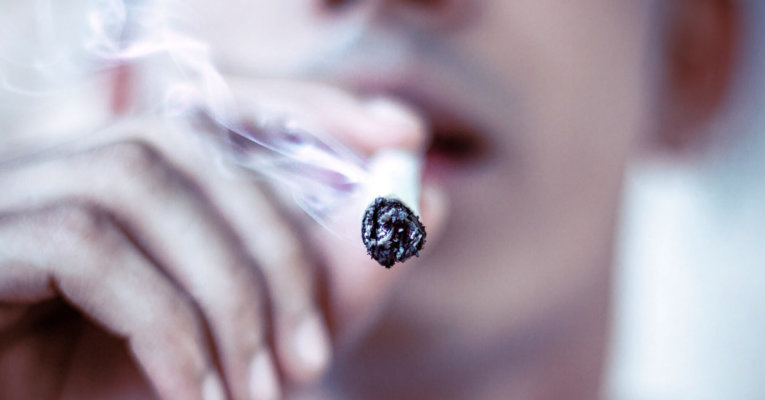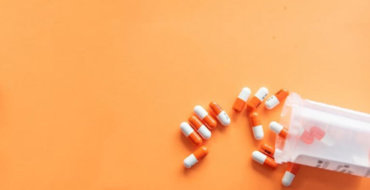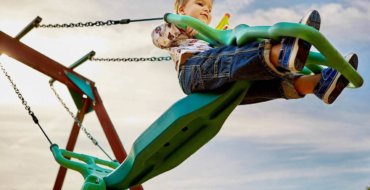Growing up is hard work! During these “in-between” years adolescents are under tremendous pressures. They are learning to make their own decisions, yet they still need the guidance of responsible adults. Although adolescents do identify strongly with their peers, research shows that parents are the most important influence in a child’s life! They may not listen to everything you say, but they see clearly everything you do! Because of this, it is extremely important that the influential adults in a teen’s life model responsible behavior. This is especially true when it involves the use of alcohol, drugs and nicotine products!
Following is a list of suggestions to assist parents in their struggle to keep teens safe and healthy.
- Your words and actions matter! Two-thirds of adolescents say that losing their parents’ respect and pride is the primary reason they do not participate in drug or alcohol use. Educate yourself about current drug trends and talk to your children often about the dangers of drug and alcohol use!
- Listen to your child when he talks to you. Show genuine interest in what they find important.
- Know where your children are and who they are with. Expect your teen to check in with you regularly and insist on meeting their friends and parents.
- Make your home a welcoming place for your adolescent and their friends. However, it is a CRIME to supply underage teens with alcohol!
- Stay involved in your teen’s life. Adolescents consistently state what they desire most from their parents is more quality time together!
- Praise and reward positive behavior.
- Set firm limits on behavior and follow through with stated consequences.
- The prime time for trouble to occur is during after school hours. If you cannot be around then, make sure your teen is involved in a supervised activity. Let your teen know if he finds himself in a location where drugs or alcohol are being used, you are available to help him out of the situation.
- Teach him how to say “no” to peer pressure. Role play potential situations so he is prepared to resist the temptations he will face.
What if my child asks me if I have used drugs or alcohol?
- Honesty is the best policy. Explain that although you may have tried drugs or alcohol, you regret those choices now.
- Let your adolescent know the negative impact these behaviors had upon your life and why you want him to avoid those same consequences.
What are some of the symptoms I should look for if I suspect my child may be using harmful substances?
- A drop in school attendance or academic performance.
- Lack of interest in personal appearance or hygiene practices.
- Withdrawal from family and former friends.
- Lack of interest in hobbies and activities.
- Personality changes such as increased hostility, depression, or fast talking.
- Physical changes such as a persistent cough, runny nose, red eyes, dark under-eyes, sores, bruising, fatigue, or needle marks.
- Unaccounted for cash-especially in small denominations.
- Heightened secrecy about activities or possessions.
- Change in sleeping or eating habits.
- Sudden use of incense, room deodorant, strong perfume, or cologne.
If you suspect, or know, that your child has been drinking or using drugs, take action to stop it as soon as you can. Look to your community for resources to help you or call PAL for referral information.






